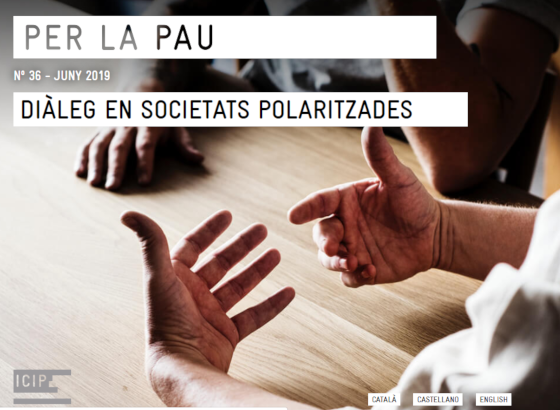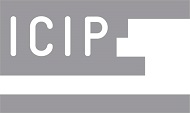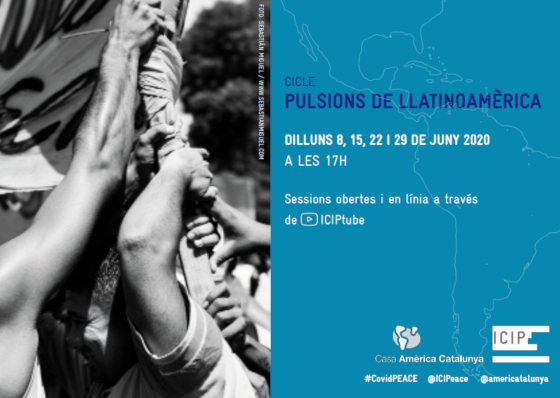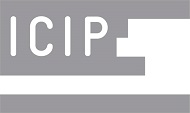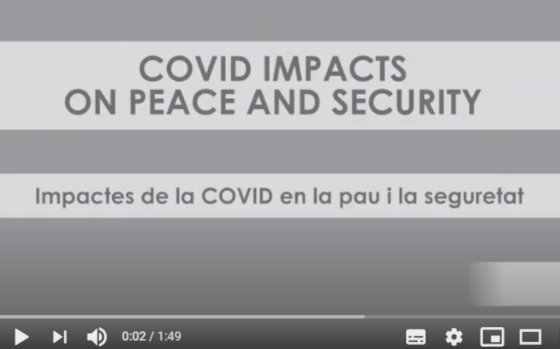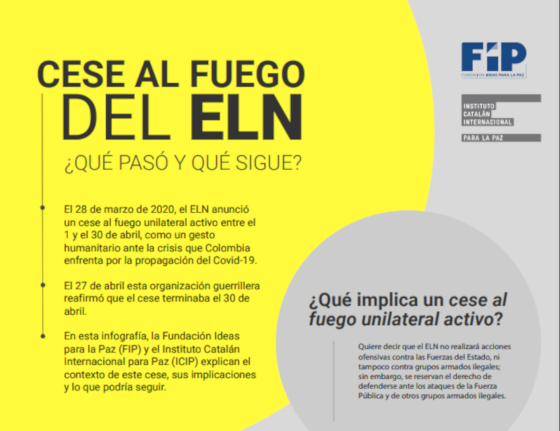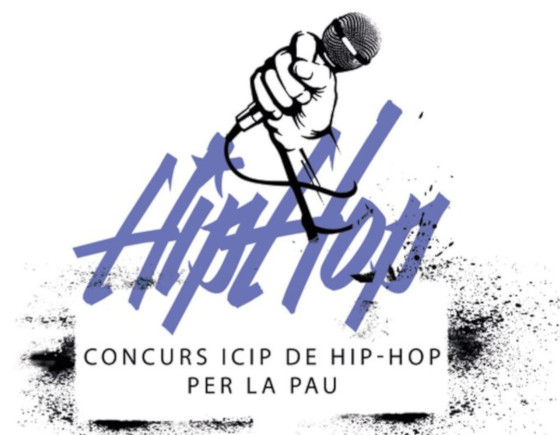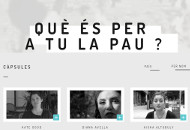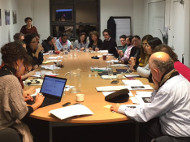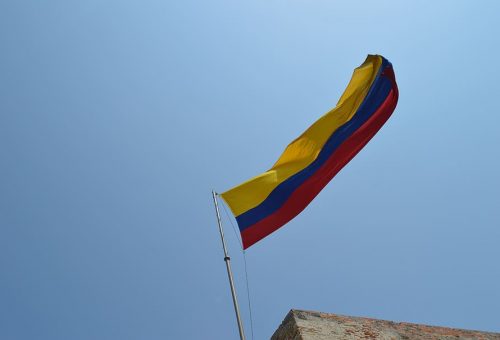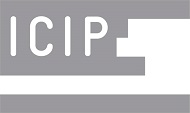Democratic societies are immersed in a process of increasing politicization. Political mobilization around highly divisive matters has resulted in a questioning of the fundamental pillars of our political systems, as well as the polarization of the societies we live in. Antagonistic ideological projects are currently generating greater confrontation in societies that are seeing the emergence of new dividing lines due to socioeconomic disparities, migrations, rejection of traditional political institutions or the interrelationship between territories.
Such divisive dynamics often lead to an oversimplification of increasingly complex realities, in the form of populism, and they can give rise to processes of retrogression that endanger the foundations of liberal democracies. The slow, deliberate and constructive debate between antagonistic political positions increasingly becomes the first victim in a climate of constant polarization. Confrontation grows while the prospect for compromise dwindles. The democratic quality of our societies and institutions is degraded, and thus the possibility of advancing constructive dialogues that effectively address the current concerns of democratic societies.
In this context, ICIP, CIDOB, the Club of Rome and the Fundación Cultura de Paz are organizing a lecture series entitled “Polarization and Dialogue in Democratic Societies,” which will take place between January and May 2020, in Barcelona and Madrid. The series addresses the division surrounding Brexit, Trump or Salvini, as well as the situation in Catalonia, where social and political polarization surrounding the bid for independence has been increasing.
Session 1: “Conflict, Polarization and Dialogue in the United Kingdom: Brexit, Northern Ireland and Scotland.” Barcelona, 20 January 2020.
Session 2: “The Case of Italy: The New Conte Government as a Response to the Threat of Populism and Euroscepticism.” Madrid, 18 February 2020.
Session 3: “The Trump Era: Polarizing Factors and the Growth of Populism in the United States.” Barcelona, 16 March 2020.
Session 4: “Protest and Social Dialogue in the France of Macron and the Yellow Vests.” Madrid, 15 April 2020.
Session 5: “Catalonia Inwards: Dialogue as a Mechanism to Strengthen Internal Cohesion.” Barcelona, 11 May 2020.
Session 6: “Catalonia Outwards: Political Dialogue to Channel the Conflict.” Madrid, 25-26 May 2020.

